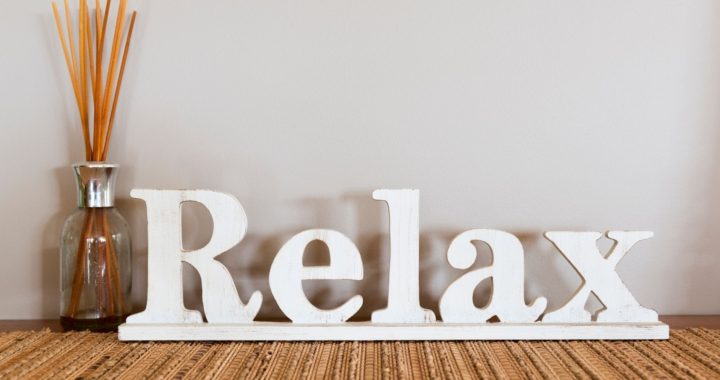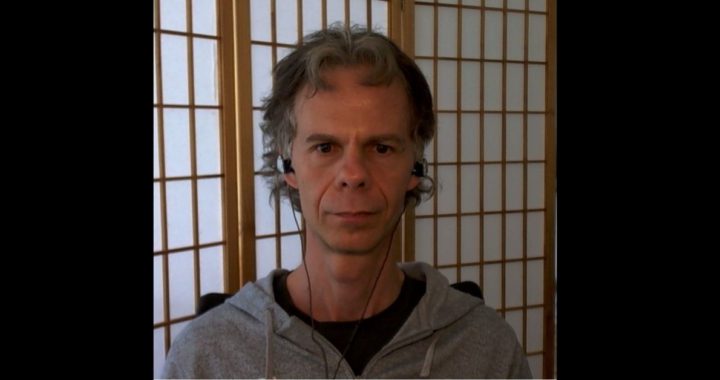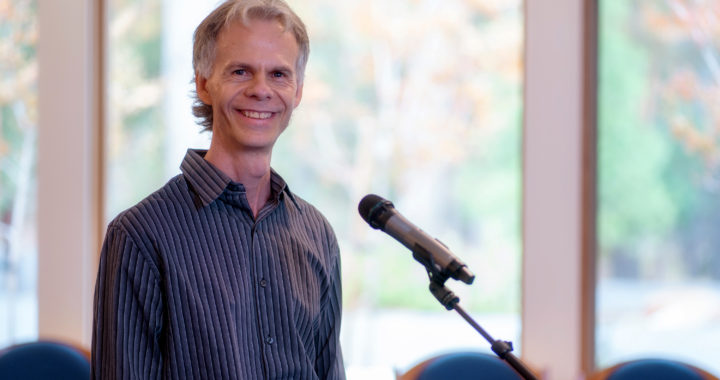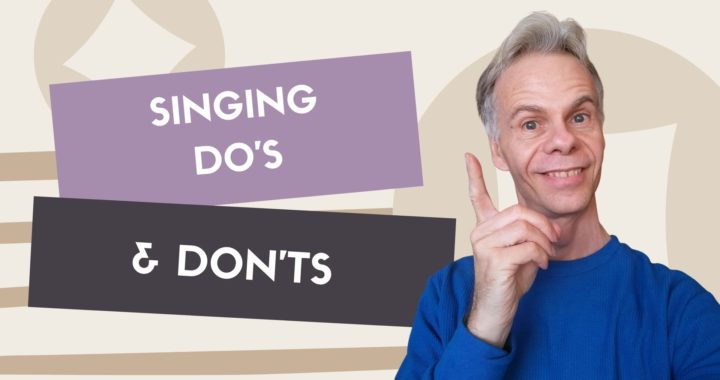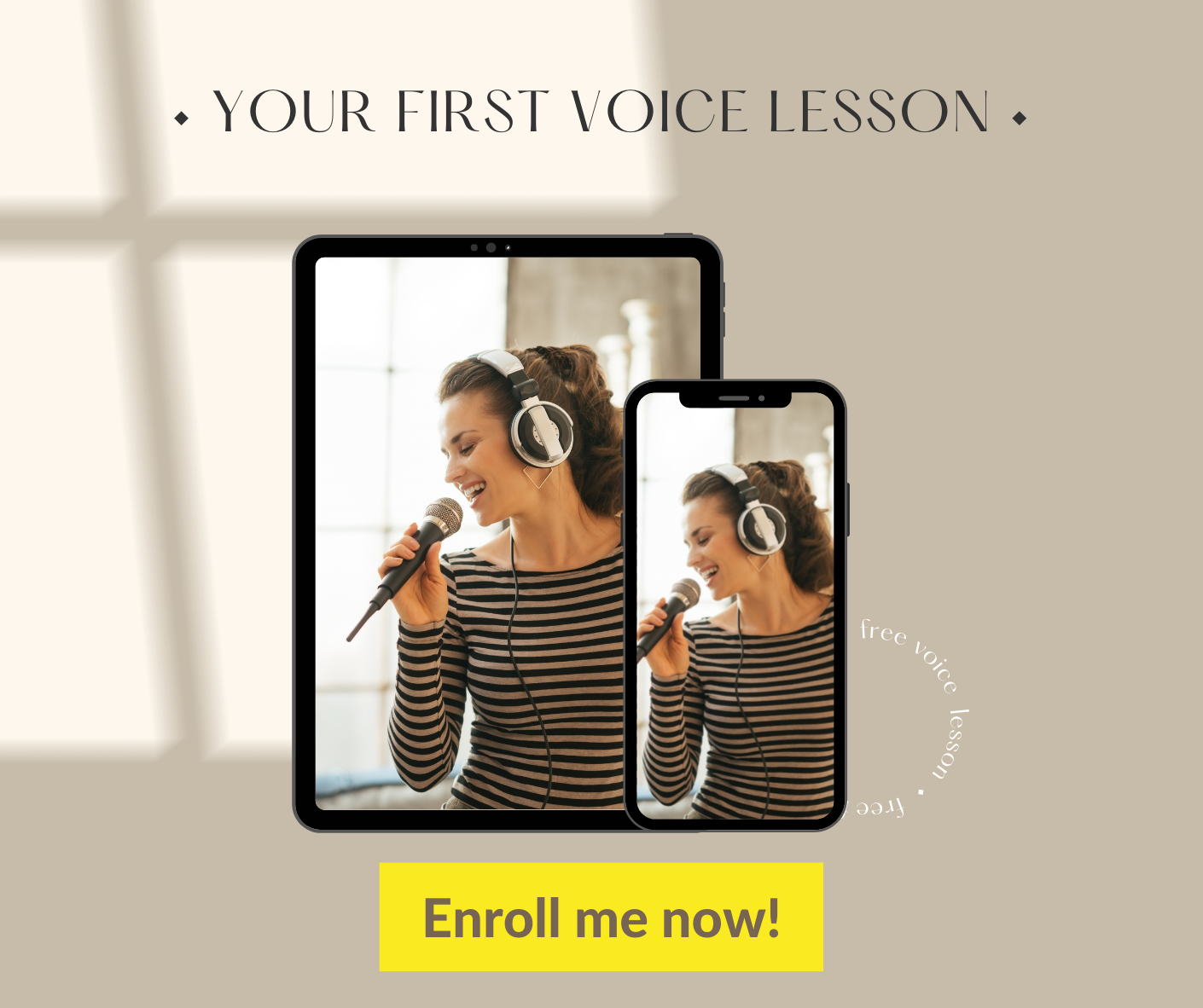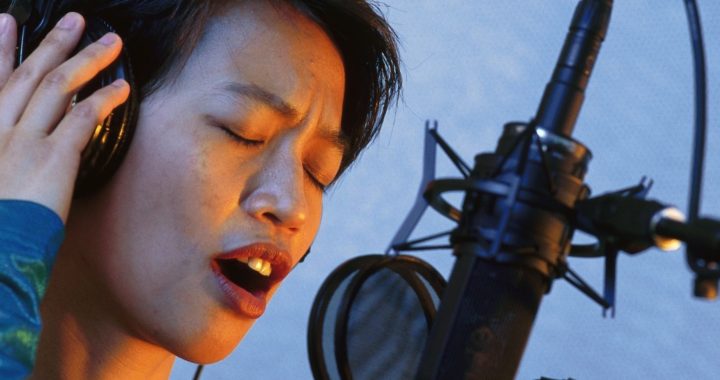Author Archive: Ramesha Nani
How to Deal With Songs That Are Out of Our Range
How should we choose the key for a song we’re performing? Should we try to stick with the original key that the song was written in, or should we change it to adapt it to our vocal range? A student asked me this question last week, so I thought I’d share my answer with you. 🙂
Often, composers choose a key based on the character and “mood” of the song; so, in that sense, the key is an important part of the song itself.
For example, Beethoven almost always used E flat major for music that has an epic/majestic feel to it, like the Emperor Piano Concerto or the Eroica Symphony. Changing the key of these compositions would definitely take away from their character and power.
The difference is much less noticeable and relevant in pop music, though, where different keys are used almost interchangeably (in karaoke keys are changed all the time!)
If the song you want to sing is too low or too high for you, my suggestion would be to pick a key that’s comfortable for your vocal range, and not worry too much about sticking with the original key.
Singing in a comfortable range allows your voice to soar and makes it easier for you to express feelings through your singing. So, ultimately, you’ll be able to do the song more justice than by stubbornly trying to sing in the original key.
HOW DO YOU PICK THE RIGHT KEY?
1. Find the sheet music of the song
2. Skim through it to identify the lowest and the highest notes in the song
3. If you need to raise the song to a higher key, take it up a step or two and then check that the highest note in the song is not too high for you.
4. If you need to lower it, take it down a step or two and then check that the lowest note in the song is not too low for you.
5. Sing the song through once in the new key to make sure that everything works well for your voice
All that said, I also want to mention that it’s always a good idea to work on extending your vocal range, so that you can be more flexible and sing in keys that may not be ideal for your voice, especially if you sing in a duet or a small ensemble and have to take into account everyone’s needs.
Let Go and Sing Better!
If you’ve been following my videos and blog posts for a while you probably know that I emphasize relaxation a lot.
There are many physiological and mechanical reasons for that, but the most important of all is that without vocal relaxation your voice will always be under stress, and you’ll always be one step away from vocal injuries, such as nodules, polyps, and other unpleasant issues.
But there’s a lot more to it!
I noticed some singers clenching their fists, tensing their fingers, lifting their shoulders, or doing all kinds of other things while they’re performing.
While this is not necessarily directly impacting their singing (except for lifting the shoulders), having parts of your body unnecessarily tense when you’re singing tends to block the flow of inspiration.
When I’m singing, if I consciously relax my shoulders, arms, hands, and face, I notice a dramatic increase in the flow of inspiration. What this means for me is that I’m able to “surrender the rudder” and allow God to flow more freely through me.
I compare it to leaving the driver seat of your car and allowing a friend you deeply trust to take the wheel, while you relax comfortably in the passenger seat.
Conversely, if you’re tense it’s like kicking and screaming because you don’t want to relinquish the steering wheel and, if you do, you don’t stop micromanaging your friend from the passenger seat!
Always trust that what’s trying to flow through you is good, positive, uplifting, and…better than what you can do on your own, really.
I don’t remember a single instance in my life when I relaxed and surrendered, and later found myself thinking, “Gosh, I shouldn’t have done that; I would have done a much better job on my own!”
So, breathe deeply, relax body, mind, and heart, and be prepared for the Universe to flood your being and your vocal cords with inspiring, uplifting music. It’s the best partnership you could ever have.
How much is enough?
How long should you warm up your voice before singing?
In general, I would recommend at least 20 minutes of warm ups; 30 minutes would be preferable.
Warming up your voice for singing is similar to preparing your muscles before running a marathon. If you don’t do it, or don’t do it long enough, you may get injured.
Below are a few suggestions for a good vocal warm up:
- Use an instrument (keyboard) to do your warm ups. You want to make sure that you sing the notes on pitch. If you don’t have a keyboard, you can download a free keyboard app on your device. Here’s an example: for android | for apple.
- Always start in your low range and move up gradually. Don’t go all the way to the top of your range right away. Do it gradually, over a few vocal exercises.
- Do the vocal exercise going both ways up and down.
- Alternate agility-type exercises, like scales and arpeggios, with slower exercises geared toward tone quality, like long tones.
- If you know only a few exercises, and they don’t cover 20 minutes, it’s ok to repeat them. Variety is not the main point here. 😊
- If possible, stay in a warm environment after warming up your voice. If you have to be in the cold, breathe through your nose, and not your mouth.
The type of exercises you do will depend on your current vocal level. However, any vocal exercise, if done well, can be helpful. It’s mainly about stretching your vocal cords and warming up your voice muscles.
If you need help figuring out what to do to warm up your voice, you can check out my Guided 5-Minute Vocal Warm Up.
Here’s to a healthy and happy voice! 🥂
–Ramesha
Necessity is the mother of invention!
Today I’d like to tell you a story.
I want to share with you how I started to teach singing lessons online. I think it’s an interesting story because it shows the truth that, “Necessity is the mother of invention.”
I started teaching voice lessons in my mid twenties, and at that time all lessons were obviously in person. In 2006 my wife and I moved to California from Lugano, Switzerland. We settled in a spiritual community in Northern California where we currently live; we both had jobs that were unrelated to music. My job was maintaining the database of the fast growing spiritual organization we’re part of.
In 2009 I developed hand tendinitis and I had to stop working at the computer for a few months. Since I had a lot of free time at hand, I decided to re-energize my teaching activity. The problem was that in a community of 240 people it wasn’t easy to find enough students to make teaching into a viable business.
But there was Skype! I had the then “wild” idea that I could use Skype to reach students who were far from me and teach voice lessons online.
Nowadays, online teaching is totally mainstream, but back then it was a somewhat revolutionary idea. Most people were adventurous enough to give it a try, though (I must say that I’ve always appreciated this trait in American culture: being open to trying new things!)
I remember how excited I was to know that I could literally have students anywhere in the world! I’ve had students in Italy, India, Israel, Canada, Indonesia, and of course all over the United States.
In a short amount of time I had enough students to actually replace my data entry job. A friend of mine, who had recently moved into our community, was interested in my job. Perfect timing! She took my job (which she still has today) and I continued to grow my teaching business.
As technology improved, my students and I were able to use better microphones, better headphones, and better streaming platforms, like Zoom. Currently, a voice lesson online is pretty much the same as a lesson in person.
When the pandemic started and everything had to be moved online, things improved even further, due to the fact that the whole world was on Zoom and it had to be good! 😁
Teaching voice lessons has been a deeply satisfying experience. And being able to do it online has allowed me to expand my horizons and work closely with people from other cultures whom I wouldn’t have even met otherwise.
If you’re interested in working one-on-one with me, just let me know by using this contact form:
Do you ever get used to singing in public??
Every singer has probably experienced this to some extent: you’re singing in your own room and you feel 150% confident, you sound great, your voice is in top shape, you remember all the lyrics to the last comma, you feel a deep connection with the song, everything flows smoothly.
Then, maybe a few days later, it’s the great day of the performance. And…what happens? Suddenly, even the easiest things seem hard, you start overthinking everything, you don’t remember some of the words, your voice seems stiff, your mouth dry, well…you get the gist!
After decades of performing, I can say that I almost never get nervous before a performance anymore. I say “almost” because at some random times, when I least expect it, some residue of stage fright rears its ugly head.
But there’s a pattern: I tend to experience this more when I’m more focused on myself and less on serving people through my singing.
If I manage to step back and look at the whole situation with detachment and genuine desire to help others, usually most of that tension evaporates.
But let me share with you some strategies that have made it easier, over the years, to sing before an audience.
PREPARATION
- Practice with focus before the performance
It might seem obvious, but all too often we practice absentmindedly, not really working out little issues, and then, when we’re performing, we get all focused on making everything perfect. This is a recipe for disaster, because when we focus too much on details during a performance we get all tense and we’re unable to get really involved in the music. So, practice as best as you can beforehand; then relax and let inspiration flow unimpeded.
- Know your songs inside and out
After ironing out all challenging notes and passages, it’s now the time to sing your song(s) several times a day leading up to your performance. You should know your songs so well that you could sing them in your sleep. This will ensure that, if you get nervous during the performance and blank out on some words or notes, your subconscious mind will kick in and feed those to you.
RIGHT BEFORE PERFORMING
- Breathe deeply
One of the most powerful weapons against stage fright (and anxiety of any kind) is deep diaphragmatic breathing (if you don’t know how to breathe diaphragmatically you can watch this video). Before your performance, spend some time sitting in a quiet place and practice some breathing exercises. Keep your eyes closed during the practice; it will help you relax even further.
- Get out of yourself
Spend some time reminding yourself that you’re there to serve people, not to show off. If you sing with a sense of genuinely wanting to help others, people will feel it. Even if some notes don’t come out as perfectly as you want, singing with a sincere desire to help will still have a lot of impact on your audience.
- Think of the people in your audience as friends, not judges
Your audience isn’t there to judge you! They want to enjoy your music and feel inspired by it, just as much as you. Try to establish a psychic connection with them; don’t think of them as numbers. After all, they’re the reason why you’re performing on that stage! Be genuinely interested in them having a great time at your performance. Feel personally connected to each one of them. You can do this before going on stage, but also while on stage, especially if unhealthy thoughts (like “What are they going to think of me?”) start to creep in.
As you well know, practice makes perfect, and this is no exception. As you improve as a singer, and as you continue performing with an attitude of service, rather than for the glamor of it, you will be able to feel a deeper connection with your inner center of inspiration and with your audience. You will feel an energetic exchange between you and them and you will realize that you have a big responsibility: to be an open channel for inspiration and joy to touch the hearts of those who hear you sing.
No fame, no outward success feeds you as deeply as this. Many people wonder what they can do to change the world. Your singing is a great opportunity to do your part, one receptive listener at a time.
Keep up the good work!
Don’t let it go to your head! 😉
Recently, I shared about what I do right before a performance and how important it is for me to be in a prayerful mode and do my best to take the ego out of the equation, so that a higher Power can flow through.
It took me a while to understand the difference between “humility” and “putting myself down”, though. Here’s how I finally got it.
In 2010 my wife and I moved to Los Angeles to help establish the music ministry there for Ananda, the spiritual organization we’re a part of. The main part of our “assignment” was to give concerts and share our music with various groups in many different venues.
I’ve always enjoyed performing and sharing music with people, but I was always very uncomfortable when, afterward, people would come up to me and compliment me about my singing. I remember always trying to leave the place as quickly as I could, keeping my eyes to the ground and avoiding eye contact with anyone.
Then one day I had what I believe was a revelation. I realized that people need to express appreciation, and by acting that way I wasn’t allowing them to do so. Basically, I was still thinking about myself!
Also the thought came to me that by not acknowledging people’s compliments and appreciation, I was actually blocking the flow of inspiration that was trying to come through. I thought that perhaps, if I received people’s compliments with gratitude, instead of resisting them, I would make myself even more receptive to the flow.
So, I started inwardly directing to God every compliment I received. This allowed me to graciously receive and acknowledge people’s appreciation.
If I had a particularly deep experience while singing, I even said something like, “Thank you. Yes, that was amazing.” I knew that it wasn’t from me, so I could genuinely say that.
Since I started doing that, I find that there seems to be more and more inspiration coming through when I sing.
As a musician, this is quite a paradigm shift! While I still have the responsibility to prepare adequately before a performance, much of what happens is out of my control, and it often surprises me, because it’s different from what I would have consciously chosen to do.
How do I know that the performance “worked”? It’s people’s response. Often, because of singing a song in a particular, unexpected way, people come up to me and tell me that that’s exactly the kind of inspiration they needed. There’s no way I could have known that!
In that sense, singing is becoming more and more like an adventure. It’s like traveling through unknown lands and discovering new levels of depth and inspiration.
Wishing you all the best on YOUR singing journey!
–Ramesha
What I Do Before a Performance
Someone asked me what I do right before I go on stage to sing. So here’s my “secret sauce.” 😉
Before every performance I take the time to pray and ask to be used as an instrument for people’s upliftment. I firmly believe that even the most beautiful and polished voice can’t really touch your heart, if it’s not charged with vibrations of love and joy from a higher Source.
This practice has become so natural to me that sometimes I tend to forget what I asked for and then marvel at the fact that my prayer is actually granted!
I remember quite a few occasions when I performed not in the best of moods. Maybe I had had a bad day, or had an argument with somebody just before the concert, or something technical was distracting me, like a microphone malfunctioning, or something similar. Or perhaps I had a cold or a cough and didn’t think my voice sounded that great, so part of my attention would go to trying to not sound like a frog by focusing on my technique and on trying to use my voice as best as I could.
And yet, after most of those performances, people would come up to me and say things like “It usually sounds good, but tonight was really amazing!”, or “This was the best night of my entire life”, or “I felt a healing power coming from your singing” (that’s when you know it can’t possibly be coming from you!).
Now, how could that happen? What were those people hearing? Or better, what were they feeling?
Think about it: when we’re not in great shape we tend to be a little more humble about ourselves and our skills. When we have an argument our mind tends to dwell on it afterwards and usually we regret having said or done something that might have hurt the other person involved. As a result we shift our attention from ourselves and expand it to include others. In both cases (when we feel more humble and when we shift our attention to include other people’s reality) we finally step aside and allow Inspiration to more freely flow through us.
You see, when we pray and ask to be used as instruments, our prayers are heeded! The only obstacle to the process is ourselves! Our doubts, pride, fears get in the way and make us believe that we are in charge of everything, leaving no room for God.
I’m not saying that we should try to get sick or get into an argument in order to perform better!
But we should learn to consciously open our hearts, inviting a Higher Consciousness—God or whatever you want to call It—to flow through us, to help us tune into what this particular audience needs and to bless them through us.
Not an easy task, certainly. But it’s so worth it! We can help people in ways that we can’t even start to fathom. And the joy one feels in doing that is indescribable! It can fill your entire being throughout the whole performance and stay with you for hours, even days after the performance. And I don’t know about you, but when something feels this good I consider it a sign from the universe that I’m definitely on the right track!
So there you have it! 😊
PS: I’m convinced that most of what I wrote here applies also if you don’t sing music that’s strictly “religious” or spiritual. Getting your ego out of the equation is fundamental for pure and high artistic expression of any kind.
What Keeps Your Voice Healthy: Do’s and Don’ts
Have you ever thought of the fact that your voice is the only instrument that gets used for something else other than music?
I mean, you wouldn’t use a guitar as a hammer, or a violin to kill mosquitoes, but only to play music, right? However, we use our voice to sing, but also to speak, or make specific sounds to communicate something.
So, as singers, it would behoove us to be more mindful of how we use our voice in our daily lives and avoid certain behaviors that might be detrimental to our singing, especially as we approach a performance.
In this video I’m going to cover some “Do’s and Don’ts” that I’ve found to be helpful in my singing.
Check it out and let me know your thoughts!
☑️ Are you serious about singing? Take your first voice lesson with me for FREE:
Your Warm-Up Routine
As I mentioned before (and you probably know from experience), a problem that many singers face is finding time to practice.
Luckily, unlike practicing an instrument, keeping your voice in good shape doesn’t require that much time (I’m just talking about basic maintenance here).
There are so many exercises and warm-ups to choose from, though. How do we know which ones to choose to make sure we address all the different aspects of the singing technique, without taking too much time to do it?
There are at least three basic aspects that we need to cover when we warm up our voices:
- Agility
- Tone quality
- Breath
- By agility I mean using warm-ups that make you move up and down the range quickly. Consider this kind of exercise like a vocal stretching. You move gradually higher and higher in your range allowing your vocal cords to stretch gently, without stressing them. Exercises like 1-2-3-4-5-4-3-2-1, or 1-3-5-8-5-3-1 works well for that purpose. I would suggest practicing them rather fast and light, at a fairly soft volume.
(To hear a recording of these 2 exercises click here)
- Tone quality exercises are those where you focus on improving your sound. For this purpose I highly recommend long-tone exercises. Pick any note, sing it as fully as you can (without forcing), then gradually and consciously relax your throat as you hold the note out. Enjoy the sound of it getting more and more full and round as you relax into it. You should feel like you could hold it forever and it wouldn’t be a problem. Try to gently expand your throat (pharynx) while you hold the note, creating even more roundness and resonance in your tone. Practice this exercise on different notes in different areas of your range.
- Breathing exercises are considered by many to be the most important part of the vocal technique. Although it is important, I’m convinced that even the most perfect breathing technique won’t accomplish much in terms of good singing if you don’t also have good placement. But combine the two together and you have a powerful tool for mastering any piece of music you want to sing. You can find useful breathing exercises on this page of my website.
The routine suggested here is only for “maintenance” purposes. If you want to make significant progress as a singer, you will need additional practice, including other types of warm-ups—such as exercises that include consonants and so forth—in order to feel completely at ease no matter what you’re singing. Certainly a goal worth striving for!


